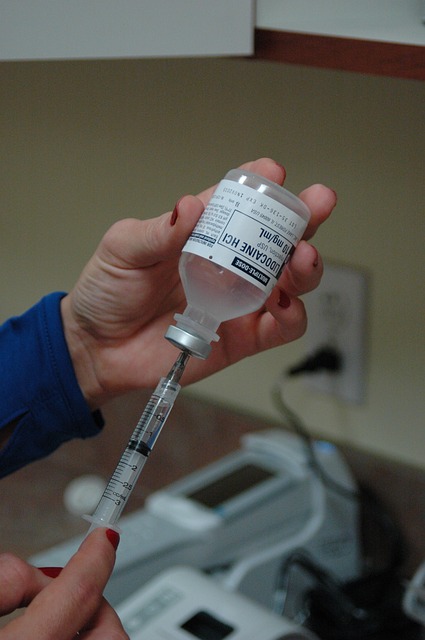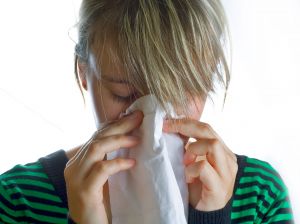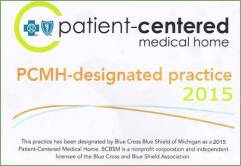Diseases that were almost extinct are resurfacing because people are not getting vaccinated. The measles is one of them. Symptoms for the measles can appear around 10 to 14 days after exposure to the virus. The symptoms for measles include fever, sore throat, runny nose, inflamed eyes, and dry cough. Other physical symptoms include a skin rash with large flat blotches and tiny white spots with light red centers inside of the mouth. The complications from measles includes pneumonia , ear infection, encephalitis, bronchitis or pregnancy problems. This all can be prevented by a simple vaccination.
 The new measles outbreak at Disneyland is raising questions about the measles virus and implications of vaccinations. Vaccinations save lives! The benefits of vaccinations far out way the minuscule negative side effects from them. Before vaccinations in Michigan are given to children, they go under careful review by scientists and healthcare professionals to ensure that they are safe. The pain , redness, or tenderness at the vaccination site is minimal compared to the pain and discomfort from diseases. Getting vaccinated does not only protect you, but it protects the children who are not old enough for vaccinations. Get vaccinated at Westland Clinic in Michigan!
The new measles outbreak at Disneyland is raising questions about the measles virus and implications of vaccinations. Vaccinations save lives! The benefits of vaccinations far out way the minuscule negative side effects from them. Before vaccinations in Michigan are given to children, they go under careful review by scientists and healthcare professionals to ensure that they are safe. The pain , redness, or tenderness at the vaccination site is minimal compared to the pain and discomfort from diseases. Getting vaccinated does not only protect you, but it protects the children who are not old enough for vaccinations. Get vaccinated at Westland Clinic in Michigan!





 reduction in appetite. You may notice your child seems to be feeling unwell. Within 24-48 hours, the mouth may develop painful sores, a flat red skin rash may appear on the soles of the feet and palms of the hands. Sometimes a blistered rash will appear on the buttocks, knees or elbow, this rash shouldn’t itch.
reduction in appetite. You may notice your child seems to be feeling unwell. Within 24-48 hours, the mouth may develop painful sores, a flat red skin rash may appear on the soles of the feet and palms of the hands. Sometimes a blistered rash will appear on the buttocks, knees or elbow, this rash shouldn’t itch.

